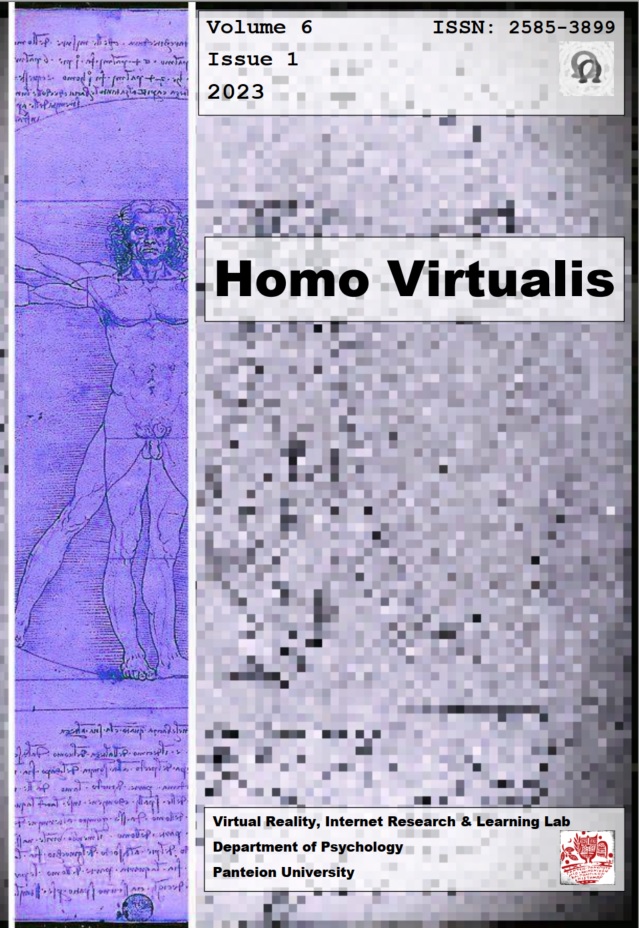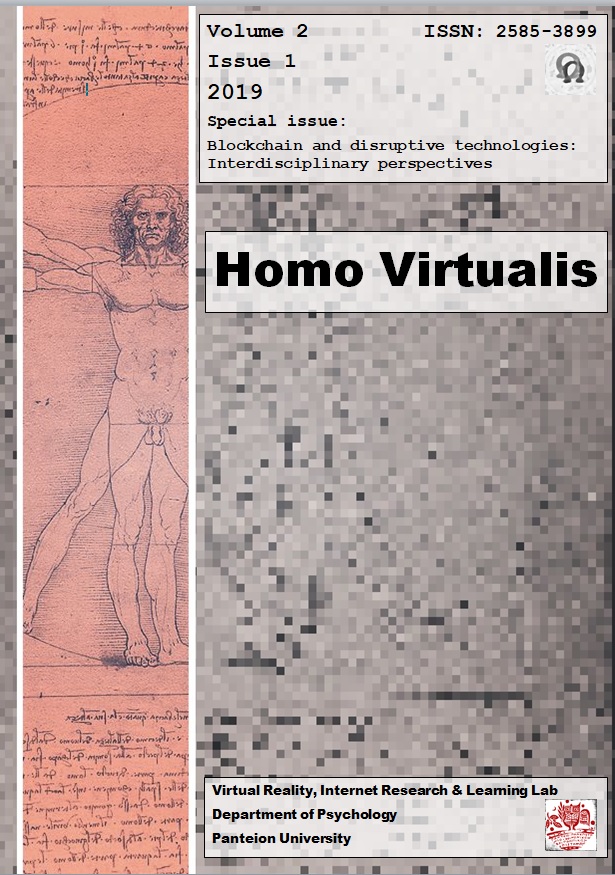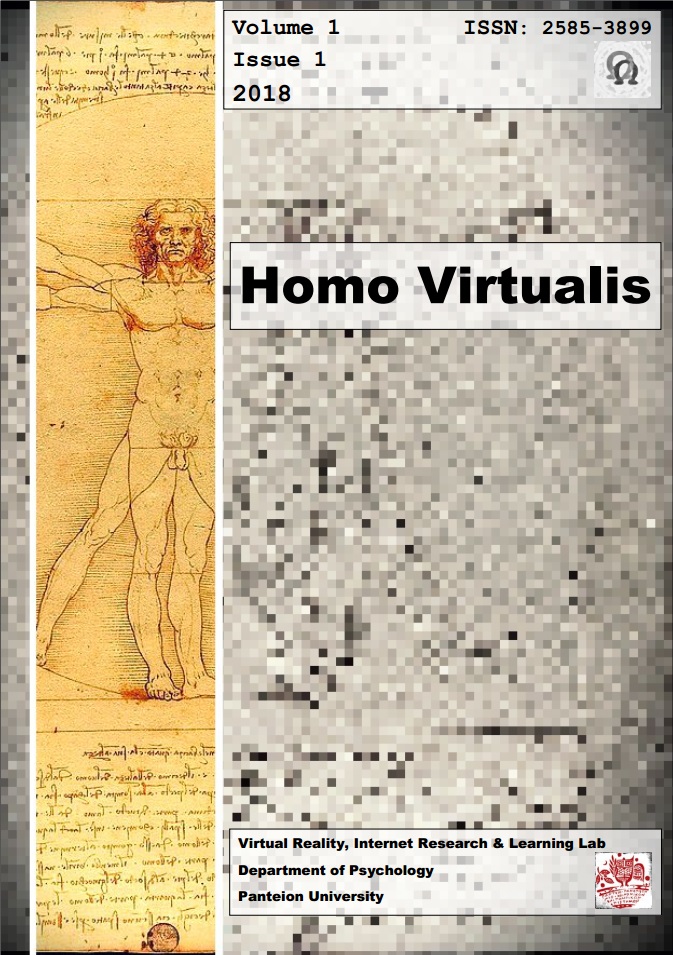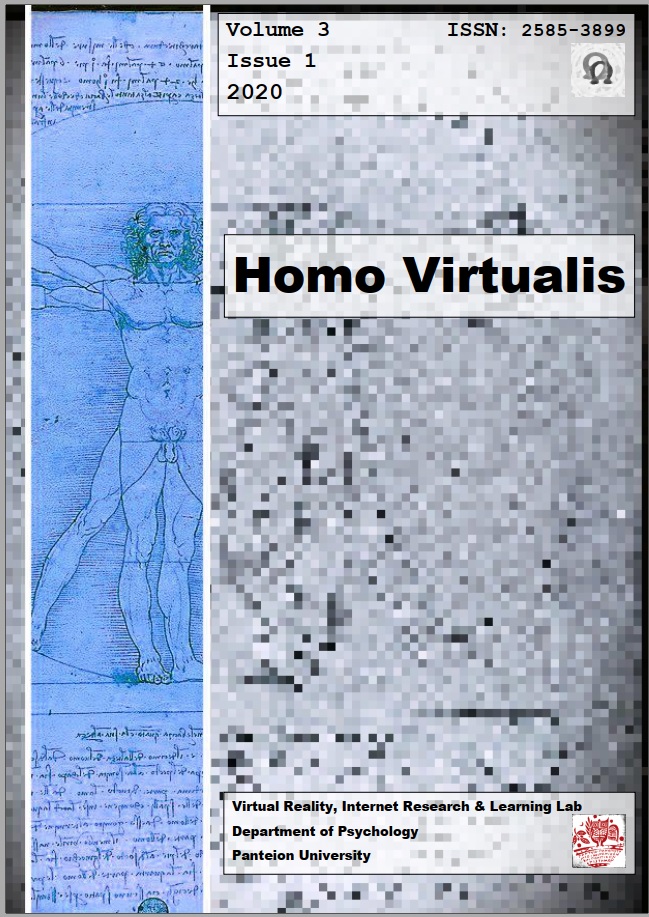Permanent roommates in the transparent blockchain ecosystem
Abstract
In this article we present the interpretation of the results of a qualitative research conducted in 2022 as part of a doctoral thesis, the subject of which is the socio-psychological implications, caused by the application of the innovative blockchain technology in education and in our society in general. For the needs of this research, an experimental application for degree certification was created. Through its extensive use, the participants formed elaborate opinions based on their experiential interaction with blockchain technology. This study drew on semi-structured in-depth interviews. Data were collected from fourteen contemporary citizens with the scientific capacity of political and social studies. This research is a flash of illumination in the relationships developed between the members of the university community and the relationships beyond it, focusing on the main features of blockchain technology, security, immutability, traceability, availability, integrity, absence of a central authority, privacy, shifting security to the end user and possible use of tokens. The reflexive thematic analysis led to the construction of a more general theme: "Blockchain will form what we will be in the future" which captures how the participants perceive the future reality filtered through the differentiated needs of each of one's multiple identities. Two main themes were constructed under the overarching theme. Those two are: “blockchain as the Trojan horse of authorities and governing power” and “blockchain as the deus ex machina for modern man”. The adoption of blockchain technology as a tool to facilitate and simplify standard processes, meets the individual's need for validity, transparency, meritocracy, fairness and the emergence of truth. At the same time, participants express intense concern about the possibility of blockchain being instrumentalized as a new form of power in conjunction with new technologies such as 5G, AI, cloud computing, IoT and BDAA. The results of the research demonstrate the thorough attention that needs to be given to the conditions, in which the application of blockchain technology will be implemented in the field of education, in order to have the acceptance of the whole university community and society.
Article Details
- How to Cite
-
Grigoriadou, V., & Koskinas, K. (2023). Permanent roommates in the transparent blockchain ecosystem. Homo Virtualis, 6(1), 1–18. https://doi.org/10.12681/homvir.35962
- Section
- Articles

This work is licensed under a Creative Commons Attribution 4.0 International License.
Authors who publish with this journal agree to the following terms:
· Authors retain copyright and grant the journal right of first publication with the work simultaneously licensed under a Creative Commons Attribution License that allows others to share the work with an acknowledgement of the work's authorship and initial publication in this journal.
· Authors are able to enter into separate, additional contractual arrangements for the non-exclusive distribution of the journal's published version of the work (e.g. post it to an institutional repository or publish it in a book), with an acknowledgement of its initial publication in this journal.
· Authors are permitted and encouraged to post their work online (preferably in institutional repositories or on their website) prior to and during the submission process, as it can lead to productive exchanges, as well as earlier and greater citation of published work.






